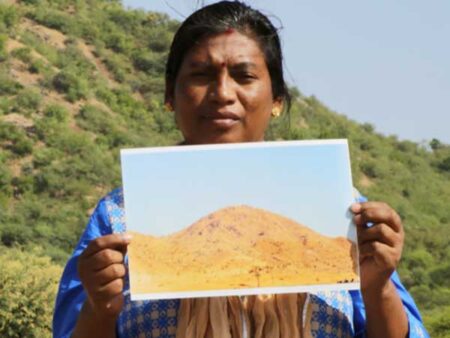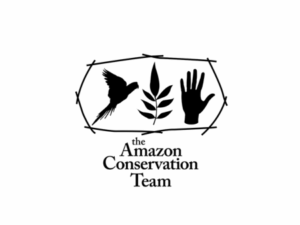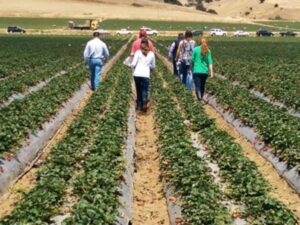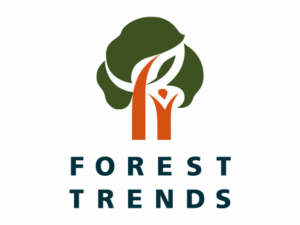In India, many poor rural communities rely on publicly-owned lands for their food and livelihood. Yet due to the perception that these land are wastelands, there’s a constant pressure to either neglect them or make them productive–resulting in overexploitation and degradation. “As if land can ever be a waste,” says Jagdeesh Rao, founder of Foundation for Ecological Security, which helps villagers legal rights to access, improve, and manage their common lands. About Jagdeesh Rao: Jagdeesh had little knowledge or experience of rural life until his university studies took him to a village barely 100 kilometers from Hyderabad, where he was shocked by the evidence of inequality and the stark poverty that persisted in India, even 40 years after independence. He felt an affinity for those who suffered from discrimination, and worked throughout the 1980s and 1990s with rural communities struggling with issues of poverty and environmental degradation.The Skoll Awardee is Chief Executive of FES.







